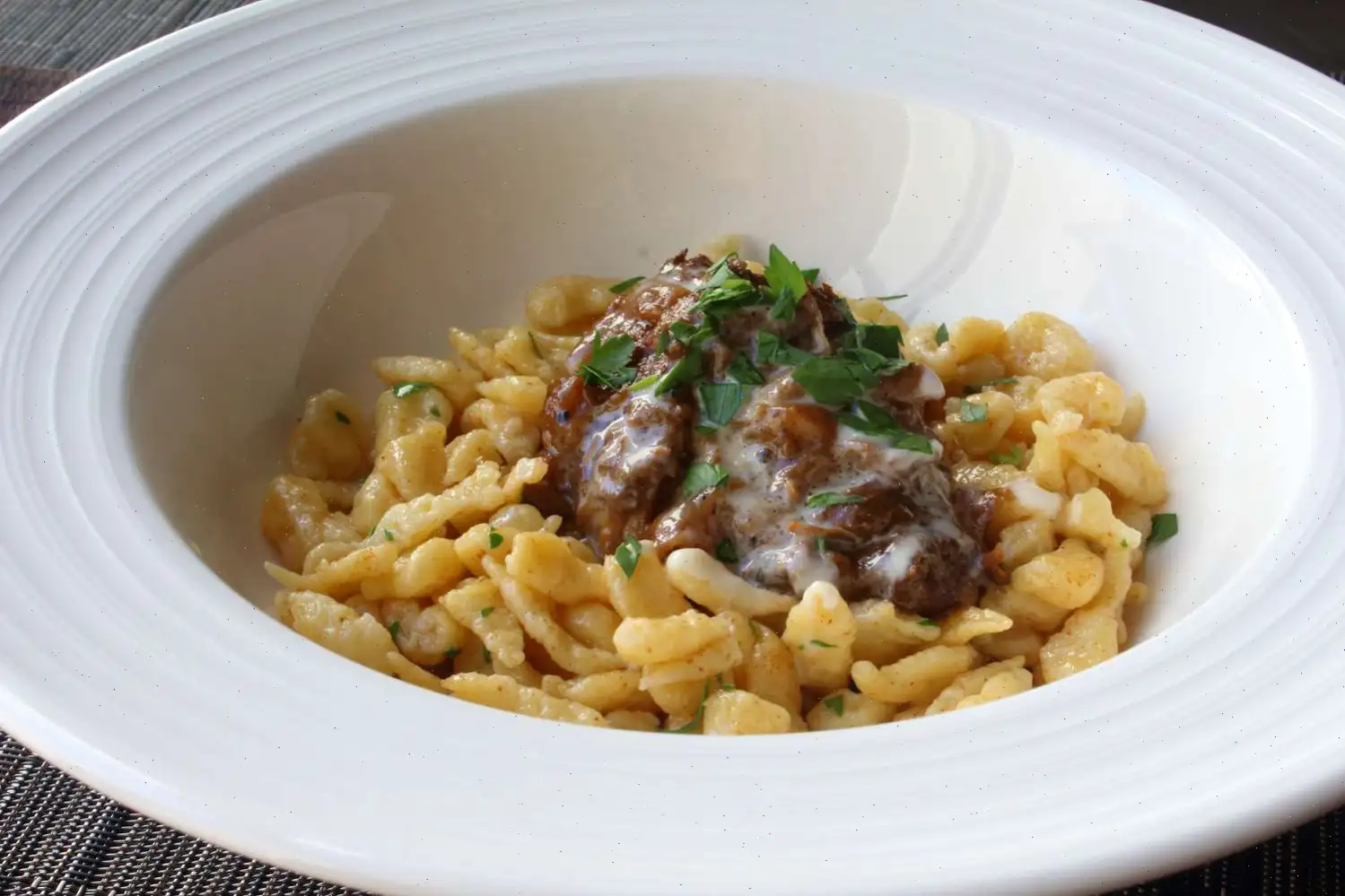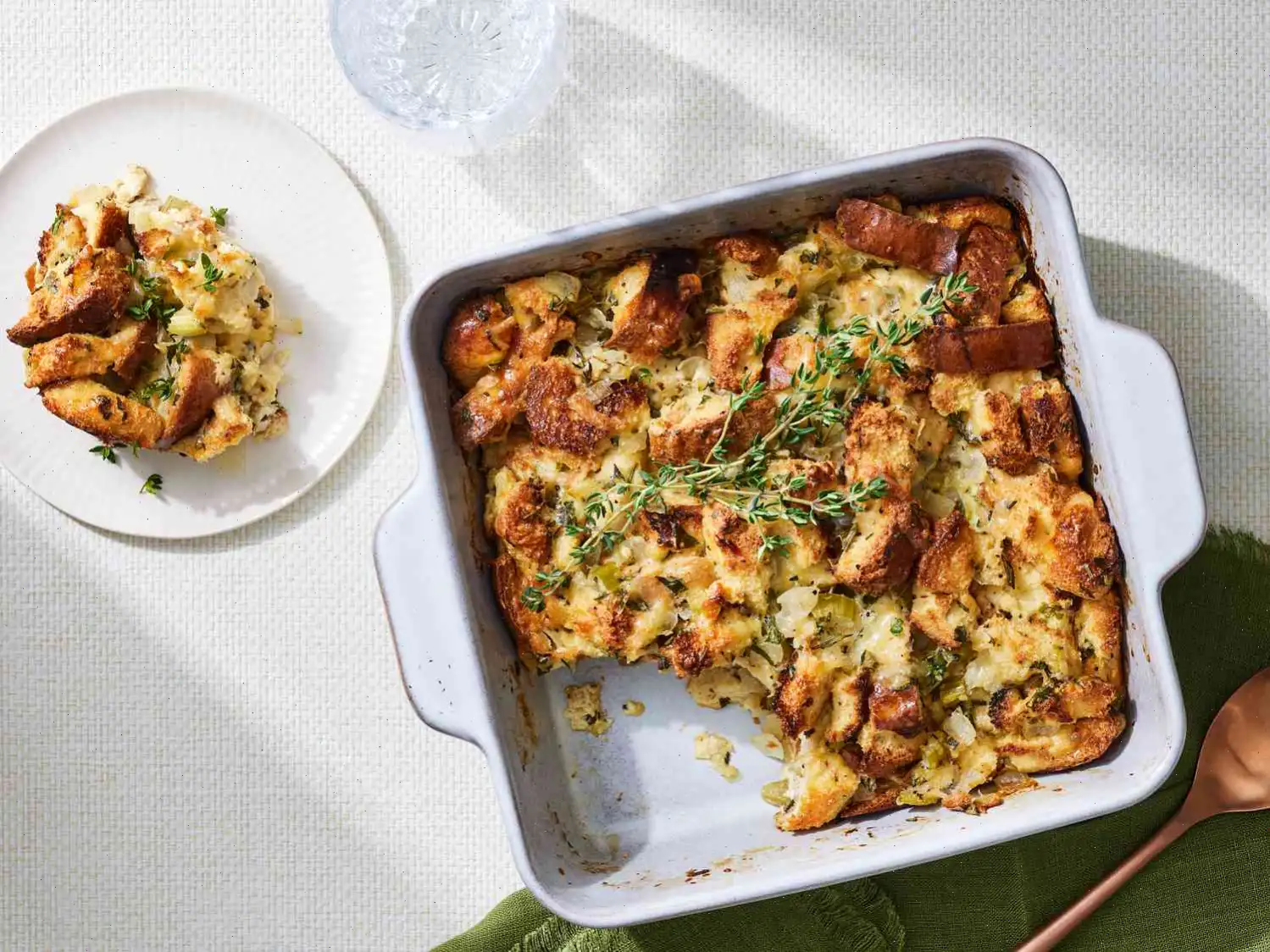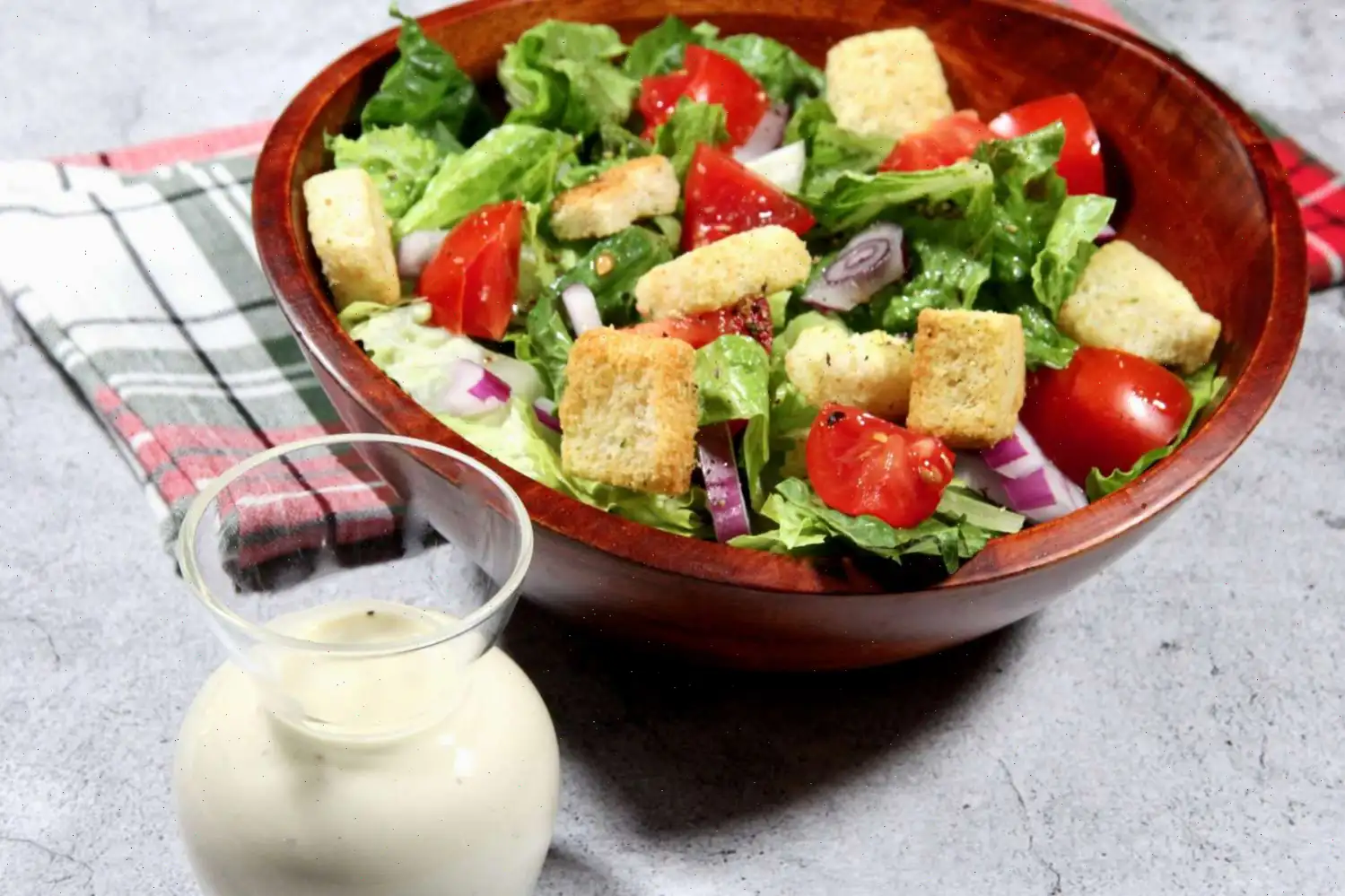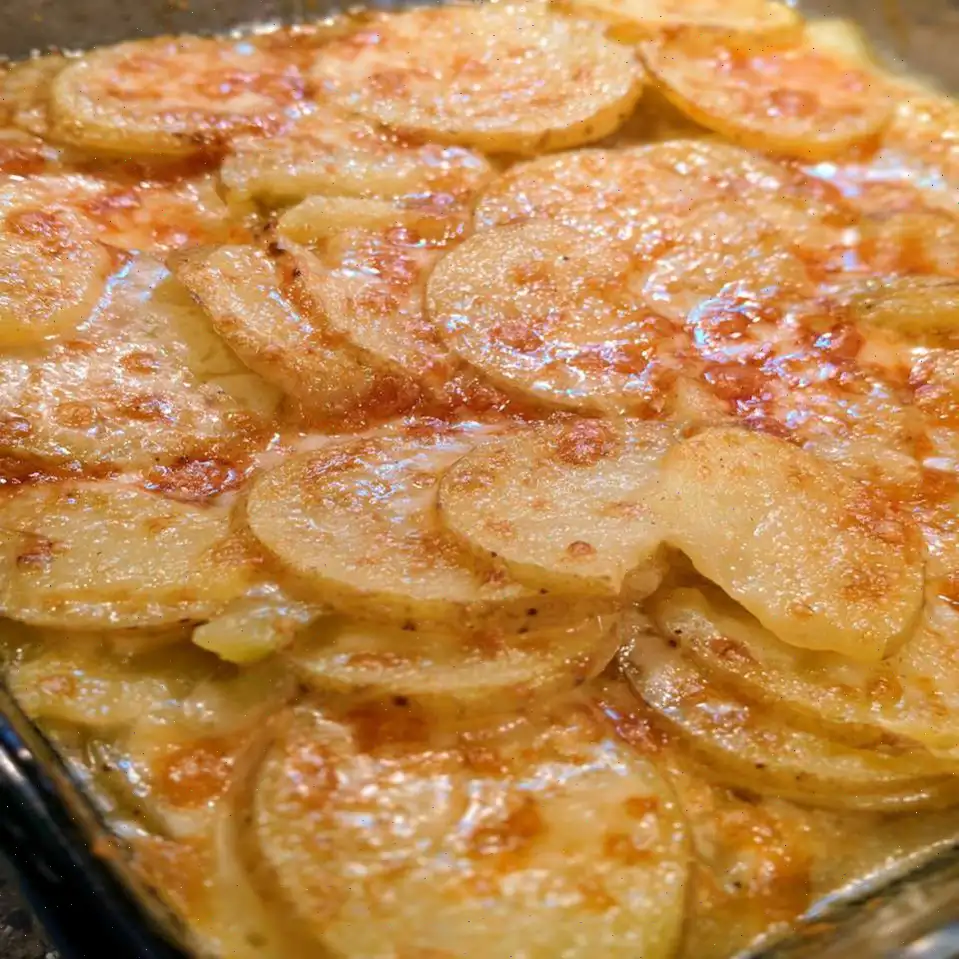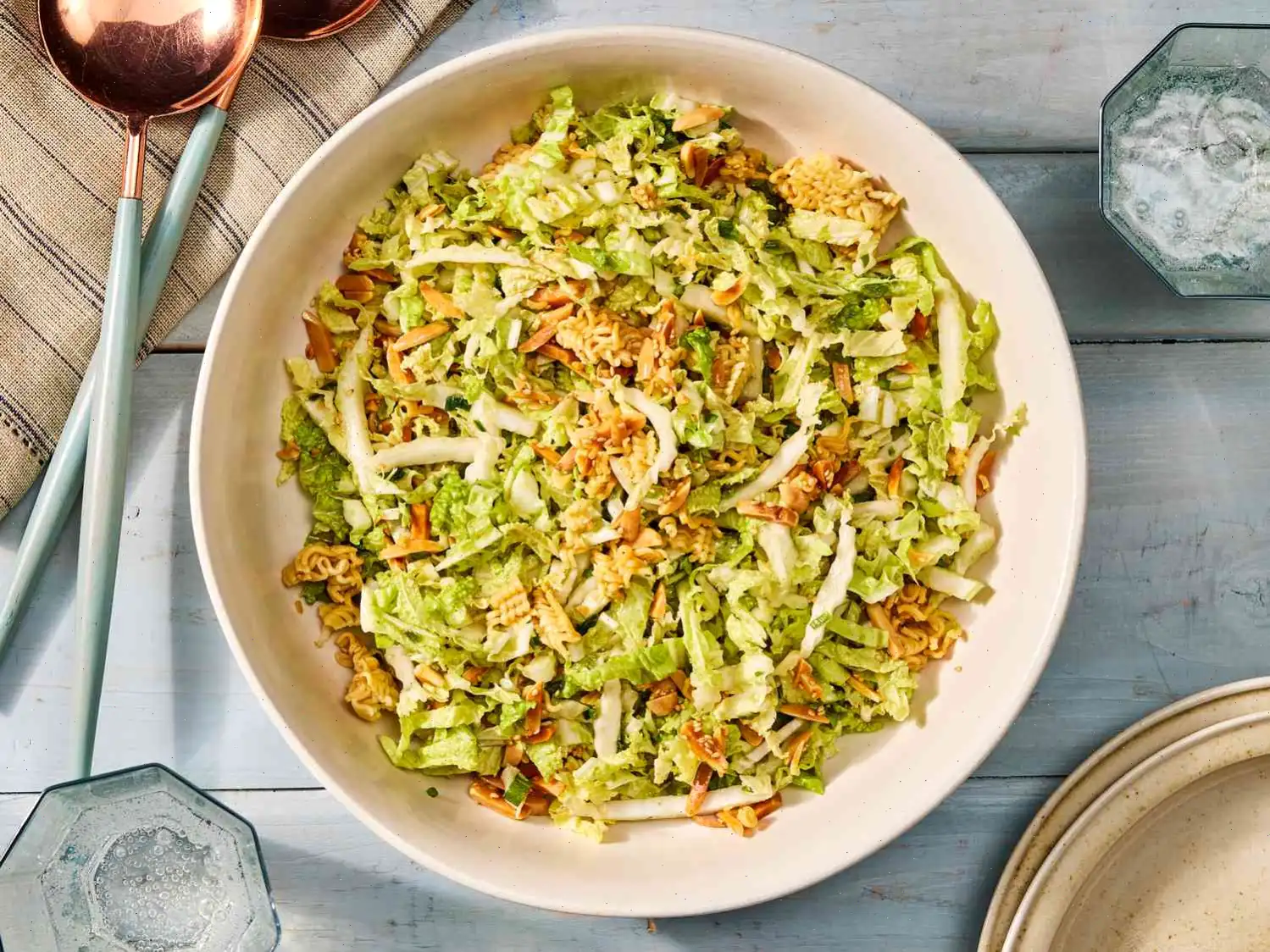
Spätzle (aka Spaetzle) Recipe
Sptzle Recipe
This recipe yields 2 servings.
Ingredients:
- cup all-purpose flour, plus more if needed
- 3 tablespoons milk, or as needed
- 1 large egg
- 1 tablespoon crme frache, sour cream, or plain yogurt
- teaspoon kosher salt
- 1 pinch cayenne pepper
Directions:
Step 1: In a bowl, whisk together flour, milk, egg, crme frache, salt, and cayenne pepper until the batter flows slowly off the whisk. If the batter seems too thick, add a little more milk; if it's too thin, add a bit more flour.
Step 2: Bring a large pot of salted water to a simmer over medium-high heat. Using a spatula, press spoonfuls of batter through the smooth side of a cheese grater with large holes directly into the simmering water.
Step 3: Cook the sptzle in batches. They are ready when they rise to the surface of the water, about 3 minutes. Use a slotted spoon to remove the sptzle. Continue with the remaining batter.
Step 4: (Optional) For a richer flavor, melt butter in a skillet and cook until golden brown and nutty. Remove from heat until the sptzle is ready. Then, add the cooked sptzle to the butter and increase the heat to medium. Stir until the sptzle is coated with butter. Sprinkle with chopped parsley before serving.
Chef's Notes:
- To test the batters consistency, use the smooth side of a cheese grater. If the batter doesnt drip through the holes, it's the right thickness.
- If you plan to serve the sptzle with butter, make sure to brown it before cooking the sptzle to enhance the flavor.
Nutrition Facts (per serving):
- Calories: 187
- Total Fat: 6g (8% DV)
- Saturated Fat: 3g (15% DV)
- Cholesterol: 105mg (35% DV)
- Sodium: 528mg (23% DV)
- Total Carbohydrate: 25g (9% DV)
- Dietary Fiber: 1g (3% DV)
- Total Sugars: 2g
- Protein: 7g (15% DV)
- Calcium: 45mg (3% DV)
- Iron: 2mg (11% DV)
- Potassium: 103mg (2% DV)
* Percent Daily Values are based on a 2,000 calorie diet. Your daily values may be higher or lower depending on your calorie needs.

Author: Chef John Mitzewich
Origin and History
Sptzle, a beloved German dish, traces its origins to the Swabian region of southern Germany, though it is also widely enjoyed in Austria, Switzerland, and parts of Hungary. The name "Sptzle" is derived from the German word "Spatz," meaning "little sparrow," a reference to the irregular shape of the noodles. Traditionally, Sptzle was considered a humble, rustic dish, often made from basic pantry ingredients such as flour, eggs, and water or milk. Over the centuries, Sptzle has evolved and is now a staple of German cuisine, served alongside meat dishes or as a main course in its own right.
Regional Variations
While the basic ingredients of Sptzle remain largely the same across regions, the preparation and presentation can differ. In the Swabian region, Sptzle is often paired with hearty meat dishes like Sauerbraten or beef stew. In Switzerland, it's common to see the dish served with melted cheese and onions, resembling a form of "Swiss Mac and Cheese." In Austria, a version known as "Ksesptzle" features a rich layer of cheese and crispy onions, creating a deliciously comforting meal. Additionally, some regions may include nutmeg or herbs like parsley in the dough to add extra flavor.
How Sptzle Differs from Similar Dishes
Though Sptzle may resemble other European dumplings or pasta, it stands apart in both texture and method of preparation. Unlike Italian pasta, which is typically rolled and cut, Sptzle batter is dropped directly into boiling water, creating small, irregular dumplings. This method, which often uses a special Sptzle press or cheese grater, gives the noodles a distinct, soft, and chewy texture. Moreover, Sptzles simplicity and versatility allow it to complement a wide range of dishes, from savory stews to braised meats, making it more of a side dish than a main course in many settings.
Where Sptzle is Typically Served
Sptzle is most commonly served in German-speaking countries, particularly in Germany, Austria, and Switzerland. It is often found as a side dish accompanying roasted meats such as pork, veal, or beef. In some cases, it may be topped with melted butter or cheese, particularly in Switzerland where the dish transforms into a comfort food akin to mac and cheese. Additionally, Sptzle can be served as a hearty vegetarian main dish when topped with sauted onions or a rich mushroom sauce.
Interesting Facts
- The traditional method for making Sptzle involves hand-cutting the dough into small pieces, though today many people use a Sptzle maker or press for ease.
- Sptzle is often served as leftovers, browned in butter for added flavor and texturea practice known as Krossbraten in German.
- In some regions, Sptzle is considered a comfort food and is often served during family gatherings or festive occasions like Christmas or Oktoberfest.
- While most recipes use basic ingredients, creative variations such as adding spinach, herbs, or even pumpkin puree have become popular in modern kitchens.
FAQ about Spätzle (aka Spaetzle) Recipe
Comments
Chris
10/06/2025 01:52:54 PM
I quadurpeled all the ingredients. Left out the cayene... shades of my childhood...
nic
03/18/2022 08:57:43 PM
Chef John, I’m so impressed that you made this! Of course, your recipe is a bit different than my Oma’s, but it’s pretty close. She would not have added the sour cream, and would only have added a little milk if needed. And of course she’d not have used cayenne, even though that does sound good; she does use a touch of nutmeg sometimes. And it’s important to beat the batter with a wooden spoon vigorously, so as to develop the gluten, she explained to me as a child. She makes liver spatzle also (with leftover liver worst) that is to die for. I’m going to have to break out my spatzle maker again (a gift from Oma) and make some since it’s been quite a while. Also, she explains that depending on the region, even Germans pronounce Spatzle differently, but in the Black Forest where she grew up it’s pronounced like “schpetzley”. Nice job Chef John!
Debbie Purdy
08/20/2018 05:24:28 PM
Loved It. I do add more seasoning and make it a lot thicker. Makes bigger noodles. Also I add bacon bits to Spatzle in the frying pan. I make 10 times the recipe and freeze bags for later. Thaw it out , put in a pan with some butter, Perfect.
Michele
08/05/2020 01:00:18 PM
Delicious! I tripled the recipe, added a bit of nutmeg to the batter and swapped the sour cream for Ricotta because I had some left over. I caramelized 2 onions and browned one stick of butter to saute them in at the end. Chef John's video helped me get the consistency right. I would definitely make them again.
HappyMom
10/25/2024 06:11:26 PM
Taste just like my German grandpa's spaetzle!!! Soooo easy to make. Thank you very much!!! I didn't have the right kind of grater. I used my Cuisinart Chef's Classic Pizza Pan (metal round, full of just the right sized holes) and it worked perfectly.
Chips11
04/18/2020 04:11:51 PM
Stirred hot spaetzle in with some melted aged cheddar, parm and caramelized onions. Delicious!
les
11/04/2017 11:23:46 PM
My family really liked it, we had it with cooked red cabbage (a German dish) and sausage. I doubled the recipe, it was super easy! Will make it next time with rouladen and gravy. I also did what was suggested and fried it in butter AWESOME.
jillryg
01/07/2020 03:31:48 PM
What a fun, easy side dish! I doubled the recipe, using sour cream for the creme fraiche and half and half for the milk. The cayenne gave a nice warmth and depth. The video was really helpful for getting the consistency right. I am half Polish and half Italian and this fit in nicely with my favorite traditional flavors. Yummy.
Ronald Sanchez
10/21/2024 09:16:06 PM
Quick, flavorful, and incredibly easy.
Kathleen F
02/18/2024 04:49:30 PM
Another great Chef John recipe. Quick and easy. If you are out of pasta sub Spaezlte. Yum yum!
Kathy S
01/10/2024 07:48:52 PM
Amazing! Who knew it would be so easy for something so delicious!
Lynn Blue
08/13/2023 01:28:23 PM
Made this last night without the cayenne pepper it was easy to make and was very good. Will definitely make this again.
MEL
04/07/2023 12:54:33 AM
Very tasty and simple. Added caramelized onions and pork,
Christina Betts
03/12/2023 11:57:24 PM
Delicious!
SturdyRye9924
11/23/2022 02:27:15 PM
Pretty much like we make it at home for many generations. Only without the Cayenne and creme fraiche. We also use the press to make the long version. Oh, and you haven't lived till you've had the leftovers browned up in butter in the pan with scrambled eggs!
Susan Kuper Vescovo
04/11/2022 04:26:26 AM
So easy and amazing with burnt butter! Takes less time than boiling noodles. Thank you Chef John
Robert Spohr
10/08/2021 07:24:42 PM
My grandmother called these “Clays.” We always had them with browned butter. Amazing.


